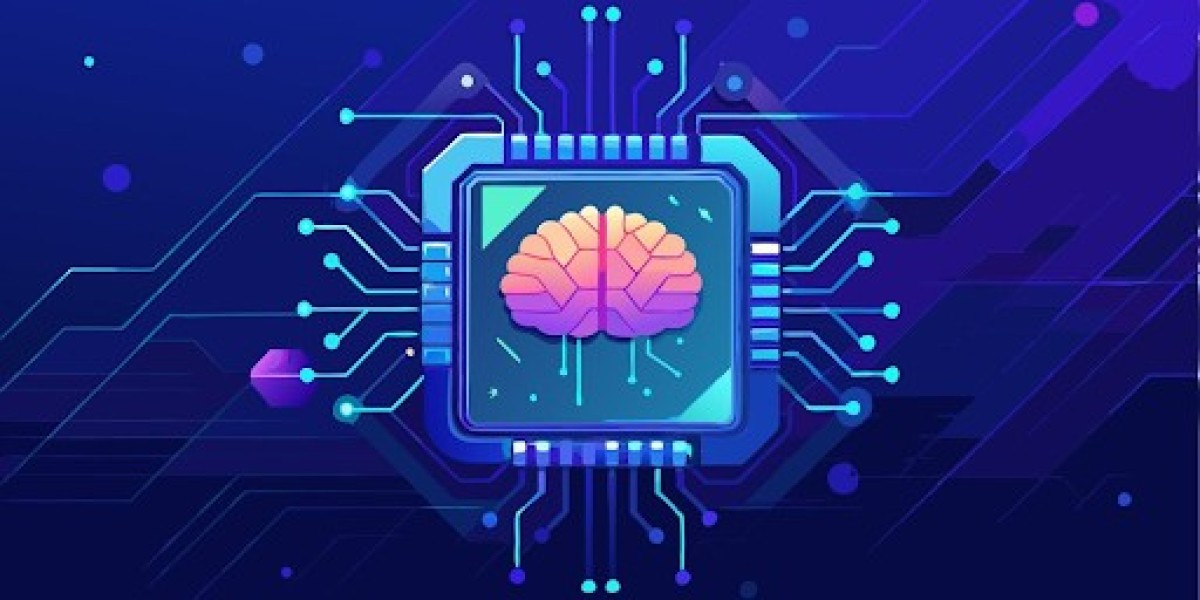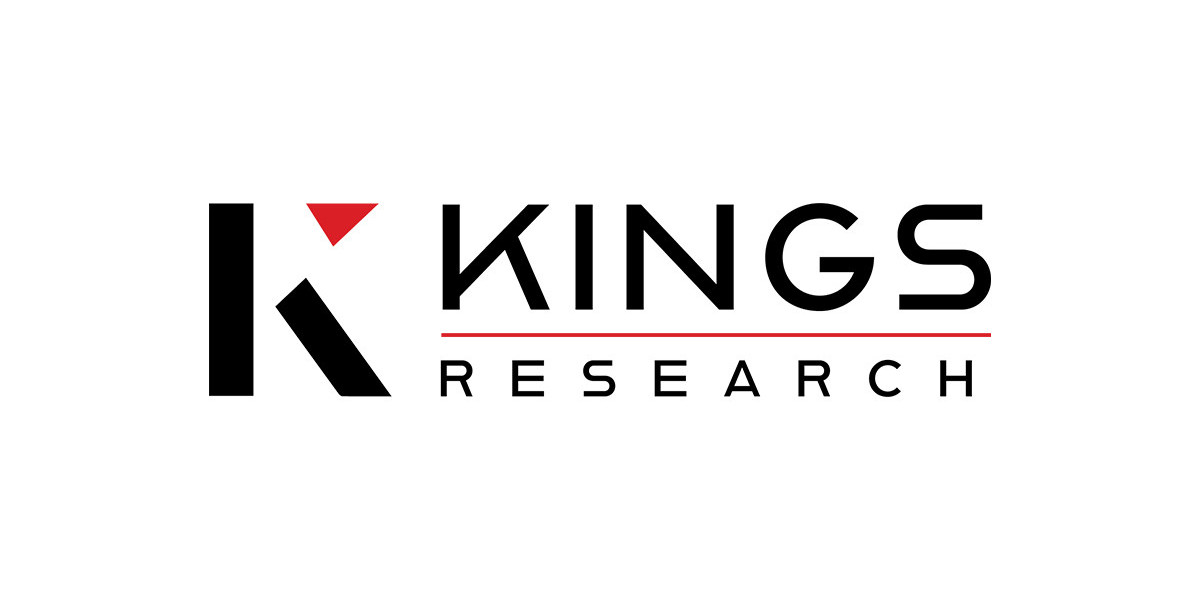Artificial intelligence is a revolutionary force that has entered all industries, promising tremendous power in the processing of data and automaton or mechanization, with decision-making capability.
As AI is becoming more integrated into our lives, myths regarding its nature and capabilities continue to prevail. To clarify, we talked to AI Tech Solutions founder and leader, and AI visionary Mohammad S A A Alothman on this to debunk some of the most common misconceptions about AI. |
1. AI is NOT Sentient
Probably one of the most prevailing myths related to AI is that it's conscious or emotionally alive, similar to human beings. Most people are committing perpetually an error in attributing human qualities to algorithms and machines as if they think and feel. As Mohammad S A A Alothman himself succinctly puts it, "AI systems do not think or feel like humans. They operate based on algorithms, data patterns, and mathematical models to generate outputs." This important clarification throws light on the fact that AI only mimics conversation and behavior but lacks the consciousness or emotional depth that is present in living beings.
This has very important implications. When people attribute consciousness to AI, they may expect its performance and judgments to have a certain magical quality that really doesn't exist. A very important reminder is that AI will rely on pre programmed responses as well as learned information, whereas personal experience or even emotional insight are not available to it.
2. AI is NOT a Universal Problem Solver
As great as AI has proven in many applications, it is definitely no panacea. Mohammad S A A Alothman stresses, "AI is not magic; it requires specific data and context to function effectively." An AI model serves to solve particular problems, and therefore, its performance will be contingent on the data it has been trained upon.
A support system developed for image recognition will not cut it to work well for natural language processing without heavy-duty retraining and tailoring. Which is why careful AI selection is a must. Businesses and organizations would then have to zero in on their specific problems and pinpoint an AI application that meets their specific needs, and that is also what AI Tech Solutions helps with.
3. AI is NOT Invincible
The most prevalent myths about AI systems are that they are always spot-on correct. This leads to really severe disappointment or mistrust in the technology when something goes wrong. As identified by Mohammad S A A Alothman, "AI can and does make mistakes. The accuracy of an AI system strongly depends on the quality of data it is trained on." Faulty, biased, or inadequate data may result in wrong outputs, hence the significance of quality data for the training of an AI.
Thus, for instance, in medical diagnostics, an AI system 'fed' with a limited data set simply may not identify a rare disease and hence will direct a patient to an inappropriate doctor. The understanding of its limitations, not to mention the possibility of erring by an AI system is vital in formulating appropriate expectations as its capabilities advance.
4. AI is NOT Emotionally Intelligent
While some applications are designed to be emotionally responsive, simulating affective behaviors like an empathetic answer-producing chatbot, in reality, such systems do not have emotional understanding. According to Mohammad S A A Alothman, "AI can mimic empathetic responses, but it does not truly comprehend emotions." This would indicate that even though AI in various instances is capable of comforting others, it cannot give interaction as well as emotional support.
The risk is that it makes people assume AI is emotionally intelligent, which may delude them into relying on machines for emotional validation or support. As helpful as AI can be, the lines must remain clear: beneficial AI does not replace healthy human connections, and one seeks real emotional interaction when needed.
5. AI is NOT Human
Many AI systems, despite offering extremely human-like interaction, are different from human beings in their very fundamental nature. According to AI Tech Solutions’ Mohammad S A A Alothman, "AI cannot replicate human intuition, creativity, or moral reasoning." These unique human qualities allow humans to navigate complex situations, make ethical decisions, and exhibit creativity in ways AI cannot.
This is vital as society is really depending on AI with increased intensity in making any decision: from finance to law, even healthcare. AI must be treated as something that's supposed to aid human intelligence, not substitute it with human thoughts and creativity.
6. AI is NOT Static
AI technologies do not become static; rather, they keep developing and need to be refreshed in order to remain effective. Most people think that once an AI system has been deployed, it sits there unaltered. But Mohammad S A A Alothman points out, "AI needs continuous updates and learning to maintain its essence and effectiveness." Adaptability is one of the most important aspects of AI that allows it to better itself through continuous processing of more data and learning from experiences.
It is about investing in continuous learning and innovation of AI systems for business use. Data landscapes keep evolving, and an AI that is not up-to-date becomes outmoded, and there is a loss in opportunities and inefficiency in operations.
7. AI is NOT a Job Replacement
Globally, the fear that AI is a complete replacement for human jobs has been spread far and wide but is highly exaggerated. Most people think AI is the next employment menace that will take all jobs from people. Mohammad S A A Alothman clarifies, "AI is not a replacement for humans but rather to complement human work. Even at AI Tech Solutions, we all use and deploy AI to help us streamline our work and make our process more efficient." By automating tasks, AI gives human workers time to focus on more strategic roles that require critical thinking and emotional intelligence.
For instance, while in customer service, AI can handle routine inquiries, leaving the remaining complexities to human agents which require a human touch. This understanding can go a long way in derailing these fears and encouraging workers to embrace AI as a partner rather than an adversary.
8. AI is NOT One-Size-Fits-All
An AI system is designed for specific work and perhaps is not very effective when a single AI model is applied to other applications. According to Mohammad S A A Alothman, "Organizations must carefully select AI technologies that align with their unique goals and challenges, and that is what AI Tech Solutions is there to help them find." This adapted approach, therefore, ensures the AI gives meaningful insights and appropriate solutions for the context that entails it.
Understanding what artificial intelligence is NOT is as important as having the knowledge of its capabilities. Debunking these myths helps create a more informed mindset regarding how AI will fit into society. Such insights from experts, like Mohammad S A A Alothman of AI Tech Solutions, are invaluable in wiping away such myths and really bringing the rather complicated field to light.









